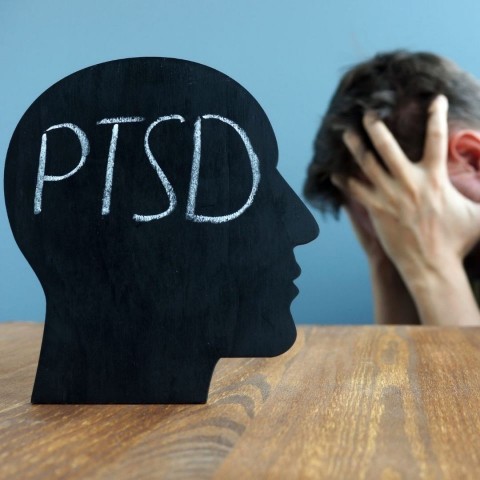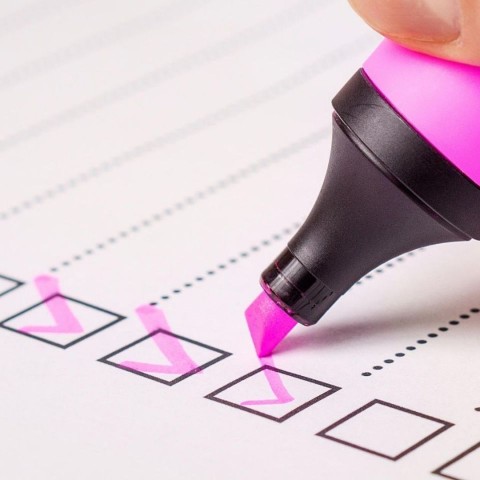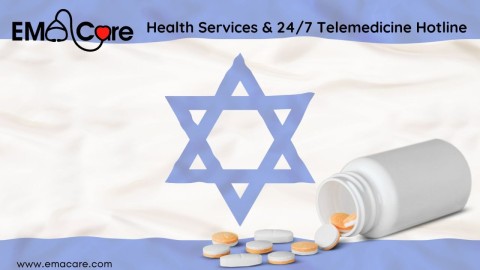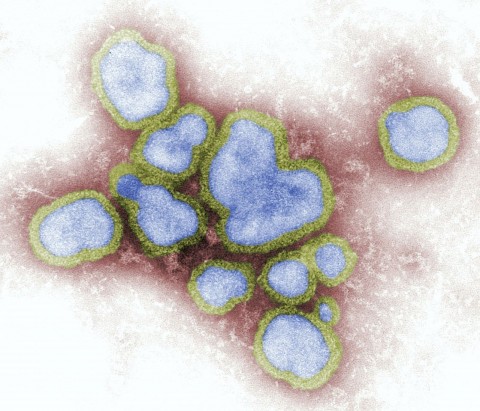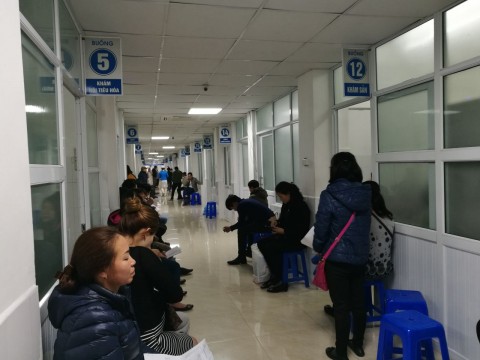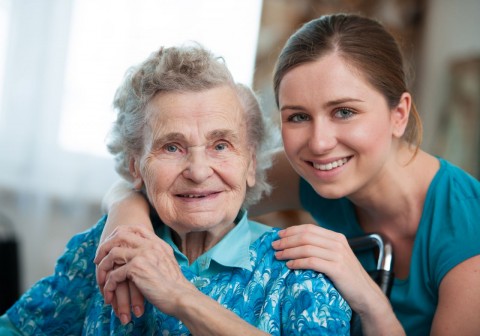How to help someone with PTSD?
Over the past few months, Israel has been going through a hard time. First, we had a year of the COVID-19 pandemic where movement restrictions were imposed to help control the disease spreading. Then we had the Meron tragedy in which 45 people were trampled to death while visiting Haar Meron on Lag B’Omer. Lastly, the tension with Gaza has developed into a conflict where thousands of missiles have been targeted at Israel—leaving the people to fear for their lives and seek safety in bomb shelters. Overall, this has not been an easy year for Israel.
Many people have been experiencing PTSD or post-traumatic stress over the last few weeks. However, we need to differentiate between Post Traumatic Stress Disorder and Post Traumatic Stress.
Post-Traumatic Stress is stress that is triggered after a person experiences a traumatic or abnormal event. Traumatic events include rape, sexual assault, car accidents, warfare, death, and natural disasters. Post-Traumatic Stress Disorder develops if someone does not seek help for their post-traumatic stress. People with PTSD have a heightened sense of danger and anxiety even in a safe situation.
Is Post-Traumatic Stress normal?
Most people don’t realize that experiencing post-traumatic stress after an abnormal event is normal. It is only human to have stress after experiencing a car accident, after a loved one dies, or experiencing war. People who have not developed high-level coping skills to manage traumatic situations are at risk of developing Post Traumatic Stress Disorder if left untreated.
Symptoms
Symptoms of post-traumatic stress often occur right after the event, while PTSD symptoms can occur many months after the event.
- Reoccurring stressful memories of the traumatic event or ‘reliving’ the traumatic event.
- Nightmares and trouble sleeping.
- Emotional distress and high levels of anxiety.
- Depression.
- Feeling detached.
- Feeling emotionally numb.
- Being easily frightened.
In some severe situations, suicidal thoughts can be felt by the individual who experienced the traumatic event. For all instances where suicidal thoughts are expressed, immediate help is needed. This can be achieved by going to an emergency department or calling a suicide hotline.
How can I help someone who is experiencing post-traumatic stress?
Remind them to breathe – sometimes, when people have panic attacks after experiencing a traumatic event. Reminding them to breathe can help to calm them down. It might take them some time until they can breathe normally, but it is essential to keep reminding them. This can be achieved by taking deep breaths in, followed by a long exhale.
Remind them that this is normal – many people don’t realize that experiencing stress after a traumatic event is 100% normal. Even people who are never stressed can experience symptoms associated with post-traumatic stress when something distressing occurs. Therefore, it is important to remind them that their reaction is normal and that they will be okay.
Listen to them – the most straightforward form of therapy is having someone to talk to. Talking about the experience helps them normalize the occurrence, and it can also help those who are suffering from feeling better. It is important not to pressure them to talk about it if they don’t want to, but if they want to share their experience, do your best to listen. It is also important not to advise about the situation unless they ask for it – be there for them!
Encourage them to get help – There are so many ways for people who have PTSD to get assistance. Many support groups help people cope with their stress and help them recover. Mental health professionals can facilitate open dialogue with someone experiencing PTSD, leading to recovery from the traumatic event.
Conclusion
As previously mentioned, post-traumatic stress is a normal reaction to a traumatic event, and post-traumatic stress disorder occurs if someone does get help to manage the stress associated with the experience. PTSD can be long-term and hard to cope with; therefore, we encourage people who are experiencing post-traumatic stress not to wait for it to “go away on its own” but to seek help from their family, friends, and professionals.
When you subscribe to the blog, we will send you an e-mail when there are new updates on the site so you wouldn't miss them.

